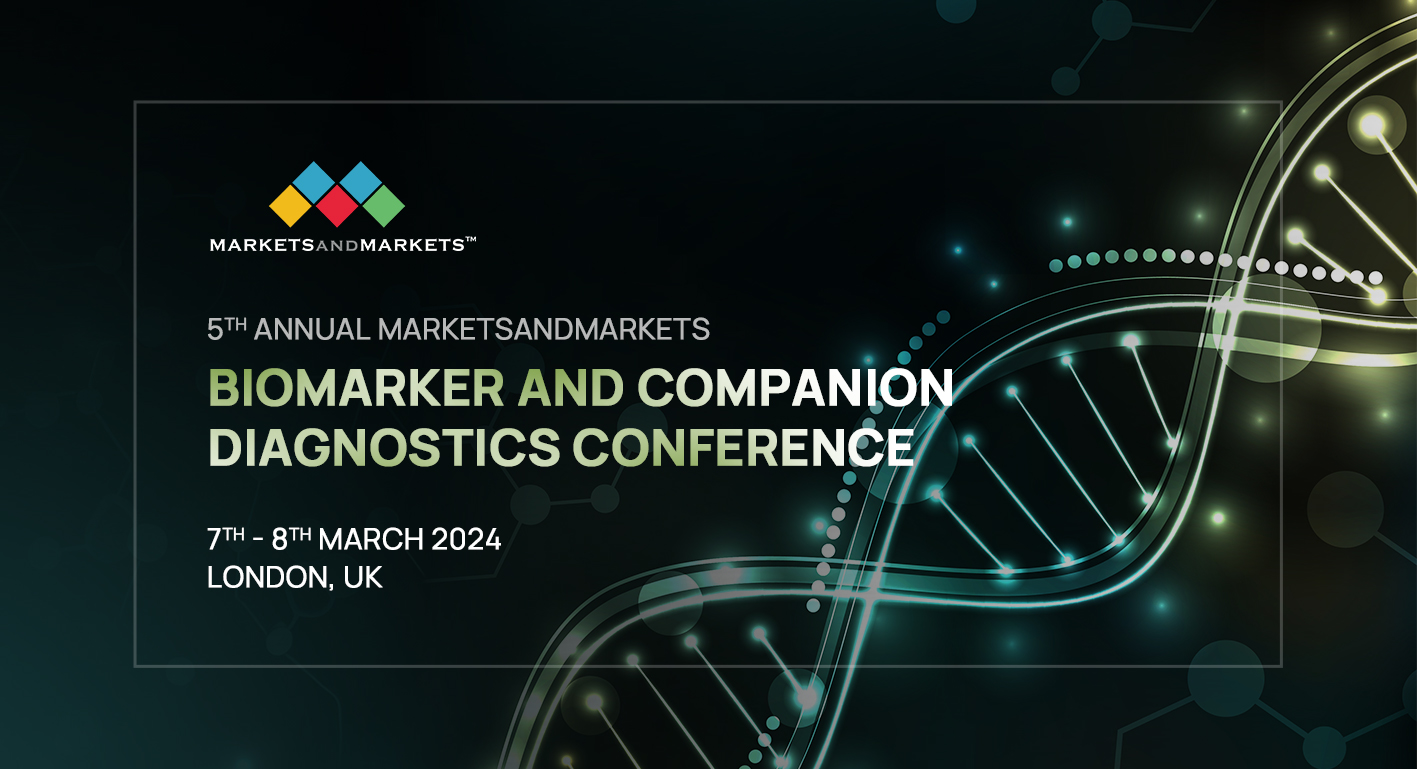Discount Offer

Grab before it's gone. Avail 30% Instant Discount
Look what we found for you. Use the code to avail 30% instant discount across all delegate participation opportunities. Get a chance to network with industry leaders and key decision makers. Learn from the best. Grow your knowledge exponentially.
Please fill up the Enquiry Form to reveal the code.





